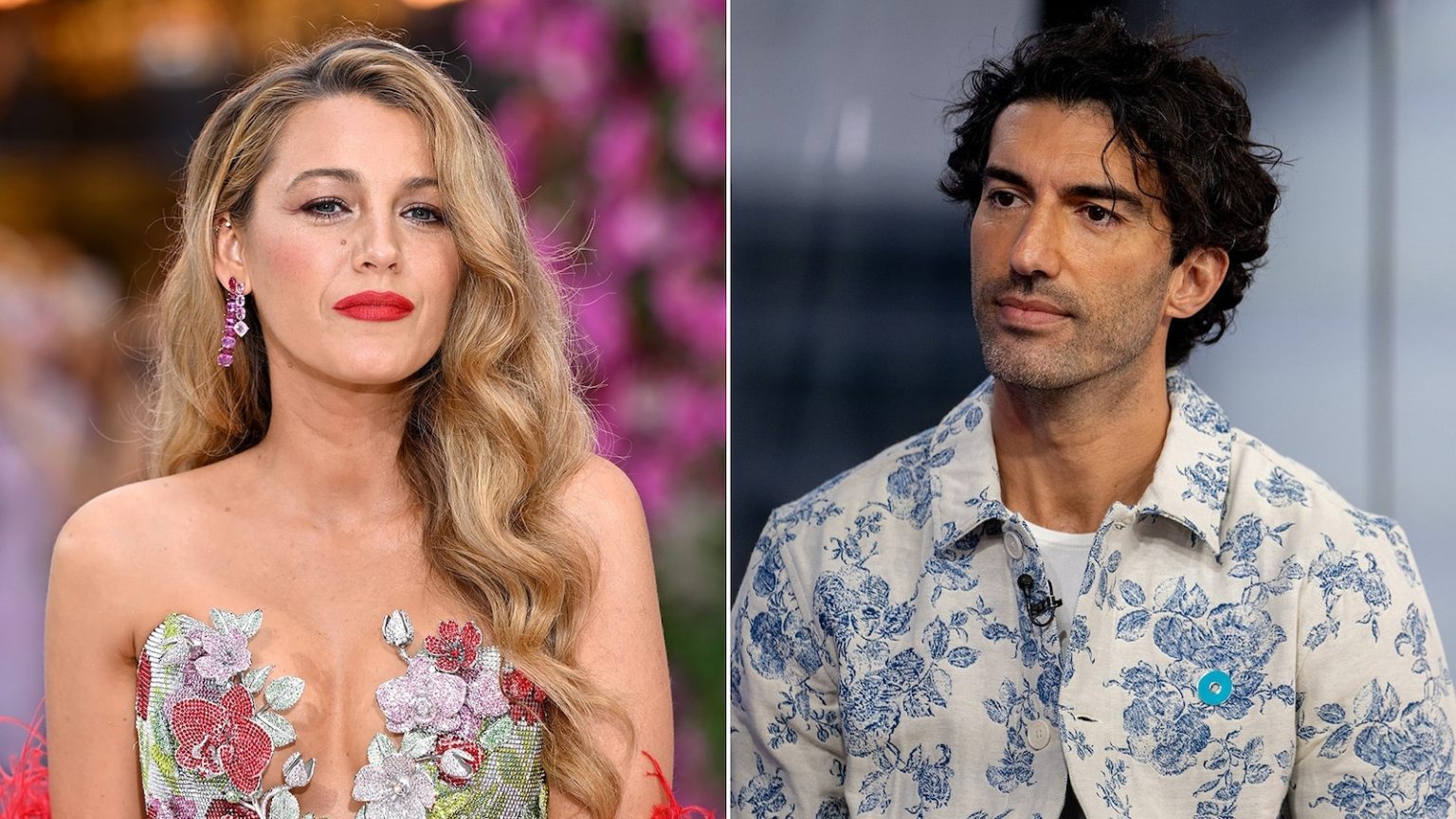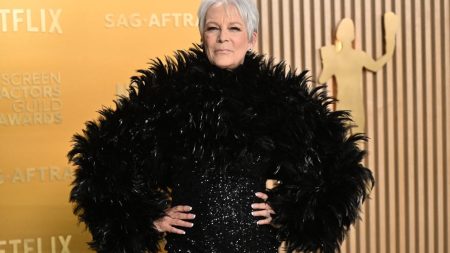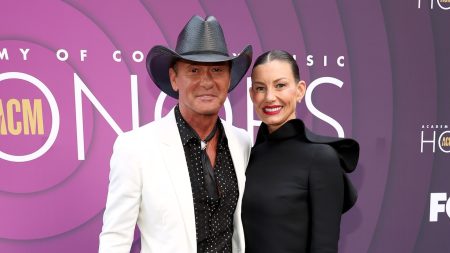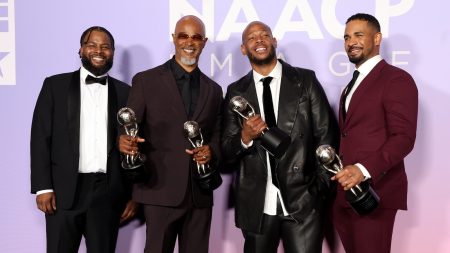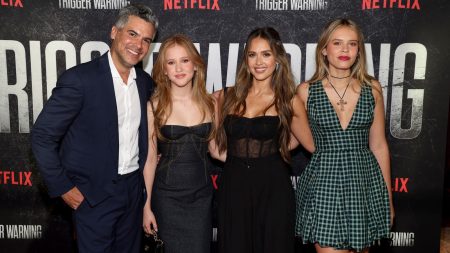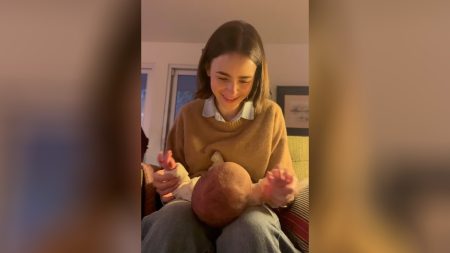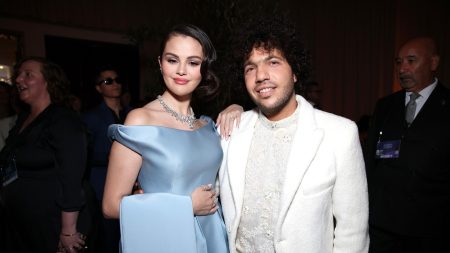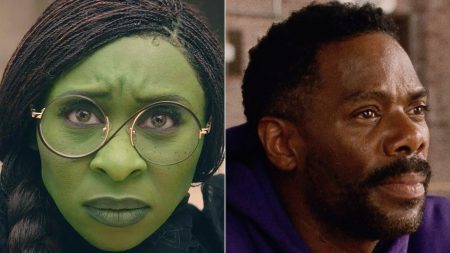The On-Screen Drama Meets Real-Life Feud: Blake Lively and Justin Baldoni’s Legal Battle
The film It Ends with Us, based on Colleen Hoover’s bestselling novel, captured audiences worldwide with its powerful exploration of domestic violence and emotional abuse. Starring Blake Lively and Justin Baldoni, the movie became a box-office sensation, grossing nearly $350 million globally. However, the real-life drama between its co-stars has overshadowed the film’s success. Lively and Baldoni have found themselves at the center of a heated legal feud since December 2024, when Lively filed a complaint against Baldoni with the California Civil Rights Department, accusing him of sexual harassment on the set of the film, which he also directed. The case has escalated into a series of dueling lawsuits, with both actors and their representatives trading accusations in the media and the courtroom. The legal battle is set to unfold in the U.S. District Court for the Southern District of New York, with Judge Lewis Liman presiding over the case, scheduled for trial on March 9, 2026.
A Timeline of the Feud: From Box-Office Success to Legal Showdown
The origins of the conflict can be traced back to the production of It Ends with Us, which premiered in theaters on August 9, 2024. The film, directed by Baldoni and starring Lively alongside a talented ensemble, was widely praised for its thought-provoking narrative. However, behind the scenes, tensions were simmering. On December 20, 2024, Lively filed an initial complaint with the California Civil Rights Department, alleging "severe emotional distress" due to what she described as sexual harassment by Baldoni and key stakeholders in the film. She also accused Baldoni’s production company, Wayfarer Studios, of orchestrating a smear campaign against her following her attempts to address workplace concerns during filming. Lively’s allegations were detailed in a New York Times article titled “’We Can Bury Anyone’: Inside a Hollywood Smear Machine,” which included accounts of a January 2024 meeting attended by Lively, her husband Ryan Reynolds, and other stakeholders to address her concerns about the work environment.
On December 31, 2024, Baldoni countersued The New York Times for libel and false light invasion of privacy, claiming the article relied on cherry-picked and altered communications to mislead readers. Baldoni sought $250 million in damages, alleging the publication had rewoven the narrative in a way that harmed his reputation. On the same day, Lively formalized her initial complaint into a federal lawsuit against Baldoni in New York, accusing him and Wayfarer Studios of violating federal and California state laws by retaliating against her for reporting sexual harassment and workplace safety concerns. Her attorneys emphasized that the case was not a trivial "he said/she said" dispute but involved concrete evidence of unlawful behavior.
The legal sparring continued in January 2025, with both sides issuing dueling statements. Lively’s attorneys called the case one of sexual harassment and retaliation, while Baldoni’s lawyer, Bryan Freedman, accused Lively of orchestrating a smear campaign through selectively edited documents. The conflict intensified when Baldoni filed a civil lawsuit against Lively, Reynolds, and their publicist, Leslie Sloane, on January 16, 2025, alleging extortion, defamation, and sabotage. Baldoni claimed Lively had taken control of the film and destroyed his professional and personal reputation by pushing a "false and damaging narrative" rife with lies and doctored evidence. The suit sought $400 million in damages.
Sexual Harassment Allegations and Retaliation Claims: A Heated Exchange
At the heart of the legal battle are the conflicting accounts of what transpired on the set of It Ends with Us. Lively’s complaint accused Baldoni and stakeholders of creating a hostile work environment, alleging that she faced sexual harassment and that her concerns were met with retaliation. She claimed that after she raised her concerns, Baldoni and Wayfarer Studios launched a "social manipulation" campaign to undermine her reputation. Her legal team argued that this behavior constituted unlawful retaliation under federal and California state laws. In contrast, Baldoni has vehemently denied the allegations, with Freedman dismissing Lively’s claims as “completely false, outrageous, and intentionally salacious.”
The disagreement over the film’s creative control has also become a point of contention. Baldoni’s lawsuit alleged that Lively used her influence, along with her husband Reynolds, to seize control of the film, including having her own cut of the movie. Friedman accused Lively of bullying her way to creative dominance, asserting that the evidence would reveal a pattern of threats and intimidation. Lively’s legal team has fired back, calling the claims part of a well-worn playbook to silence victims of harassment. They emphasized that experts refer to this tactic as “DARVO” (Deny, Attack, Reverse Victim and Offender), and they have vowed to fight the allegations with concrete evidence.
The public itself has become a battleground, with both parties using the media to shape the narrative. Lively’s legal team has accused Freedman





